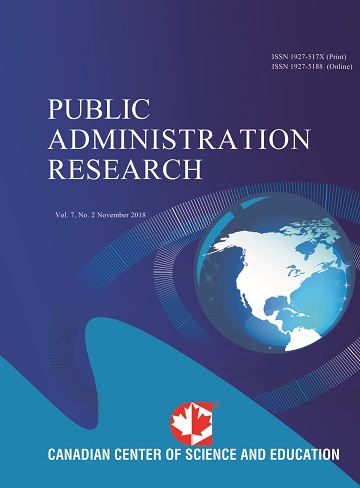From the Physical to the Fiscal: Monetizing the Poor
- Mark Covaleski
- Mark Dirsmith
- Sajay Samuel
- Jane Weiss
Abstract
One effect of the deteriorating fiscal condition of governments is the effort to “reform” the “welfare state.” Often expressed using the rubrics of the New Public Management (NPM) and Public/Private Partnerships (PPP), a significant component of this effort is harmonious with a neo-liberal ideology incorporating commercial business practices into public sector organizations, which has been allied with the financialization of government, the capitation of welfare recipients and asset-based welfare. We examine the transformation of public entities into quasi-commercial ones by first contextualizing the rise of NPM, PPP, financialization, capitation and asset-based welfare within the historical evolution of incorporating business practices into government. And second, we examine the processes by which the State of Wisconsin replaced the forty year old AFDC (Aid to Families with Dependent Children) program with a new W-2 (Welfare Works) welfare reform program. Finally, we explore implications.
- Full Text:
 PDF
PDF
- DOI:10.5539/par.v3n1p1
Journal Metrics
h-index (2017): 7
i10-index (2017): 6
h5-index (2017): 7
h5-median (2017): 13
Index
- COPAC
- CrossRef
- DTU Library
- EBSCOhost
- EuroPub Database
- Excellence in Research for Australia (ERA)
- Genamics JournalSeek
- Ghent University Library
- Google Scholar
- Harvard Library
- Infotrieve
- Jisc Library Hub Discover
- LOCKSS
- Mir@bel
- Norwegian Centre for Research Data (NSD)
- Open J-Gate
- PKP Open Archives Harvester
- Publons
- ROAD
- Scilit
- SHERPA/RoMEO
- Stanford Libraries
- Ulrich's
- UniCat
- Universe Digital Library
- UoS Library
- WorldCat
Contact
- Gabriel TaiEditorial Assistant
- par@ccsenet.org
